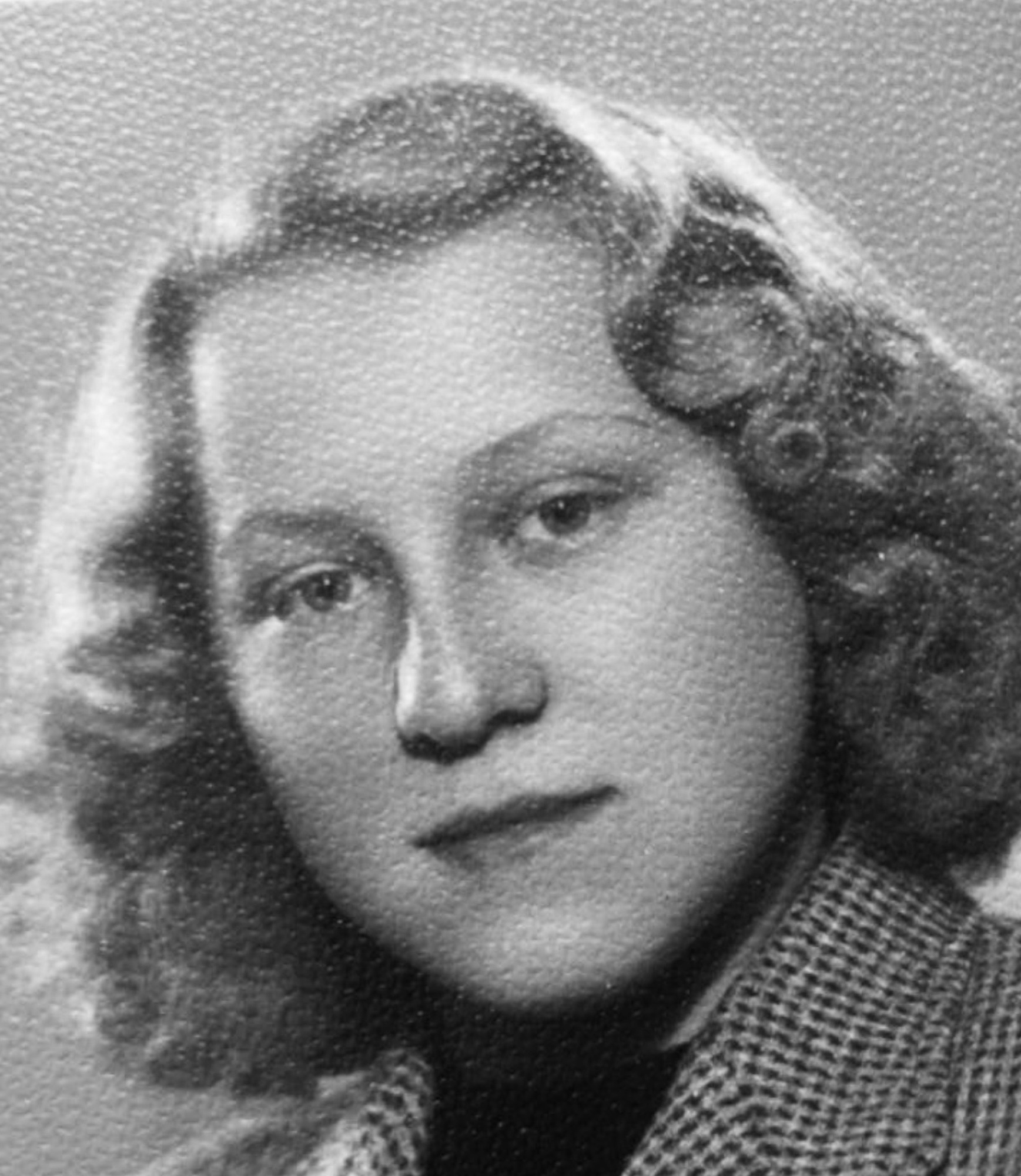A beautiful country, wonderful people - where did all the hate come from?

Stáhnout obrázek
Helena Vančurová, née Fraindlová, was born on 10 March 1925 in Sarajevo. During World War I her father served as a soldier, mostly in Albania. He later returned to the Balkans as a purchasing agent for the Czechoslovak shoe company Baťa in Sarajevo. Helena‘s mother was also sent to Sarajevo by Baťa in the role of accountant. In 1920 the two of them, joined by their work and mutual affection, married. They had three children, Helena was the second of them. Shortly after their wedding Helena‘s father gained independence, he established his own company - a wholesaler - and built his own house. The surprise German assault on the Kingdom of Yugoslavia in 1941 caused horrors that deeply affected fifteen-year-old Helena. The Croats, who had joined forces with Nazi Germany, committed even greater crimes than the Germans themselves. She was horrified to see the Saloms, Jewish lodgers in their house, dragged away to a concentration camp, where they were murdered. A similarly gruesome fate awaited her friend Paulína Lévi, who sent Helena a number of desperate letters from Loborgrad concentration camp. After the war the whole family returned to Prague, where her father obtained a post in the sales department of the Yugoslavian embassy on Krocín Street. Helena had previously undergone one year of secondary art school in Sarajevo, and she continued these studies in Czechoslovakia. While still at the art school in Sarajevo she took part in a youth work camp to build up the railway between Brčko and Banoviči. Her love of Yugoslavia led her to participate in one more international youth work camp, building a railway between Bosanski Samac and Sarajevo. She married in 1948. After the political split with Tito in 1948 the Czech employees of the Yugoslavian embassy were discharged, and after desperately searching for a job her father found employment as a warehouseman at RaJ. At the time Helena was already studying at the Academy of Fine Arts, she graduated in 1954. At that time she also gave birth to her son Vladimír. Her husband, an artist, worked in the marketing department of Koh-i-noor; Helena worked as a shopfitter at Potraviny (Groceries). Her son Vladimír seems to have inherited his parents‘ artistic talent. He earns his living as a restorer of historical weapons and an art engraver in Canada. After 1968 Helena joined the Union of Fine Artists, where she could put her desire for artistic expression into use.
























